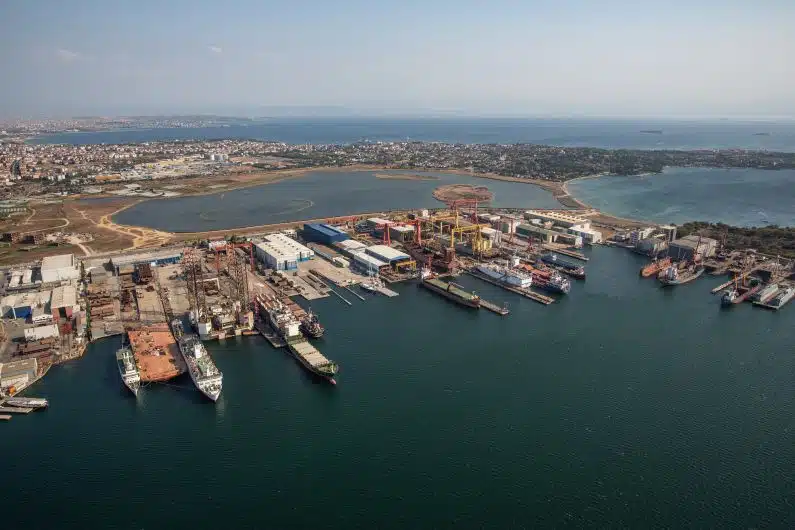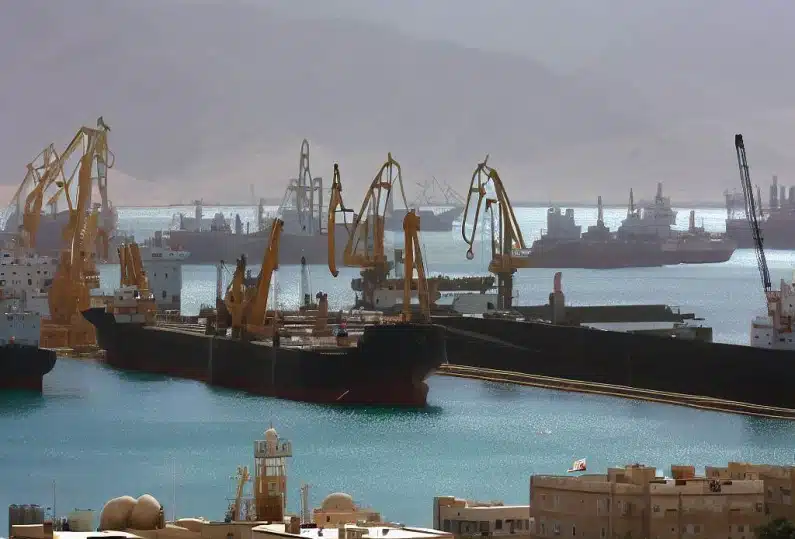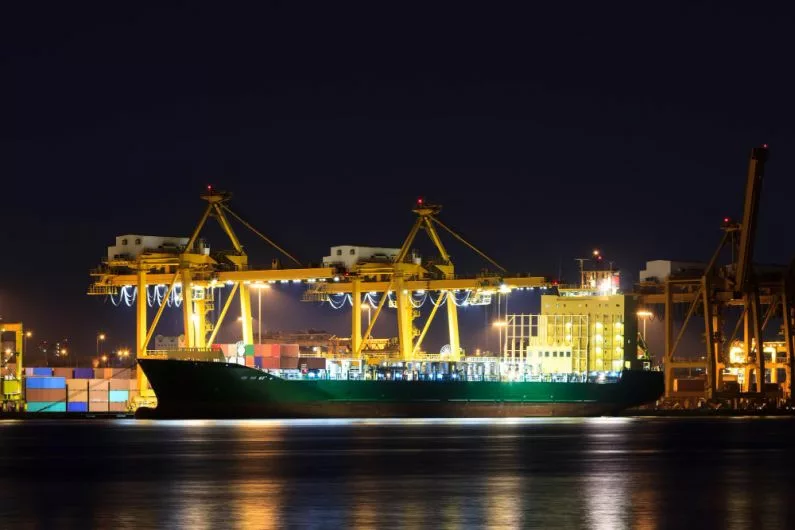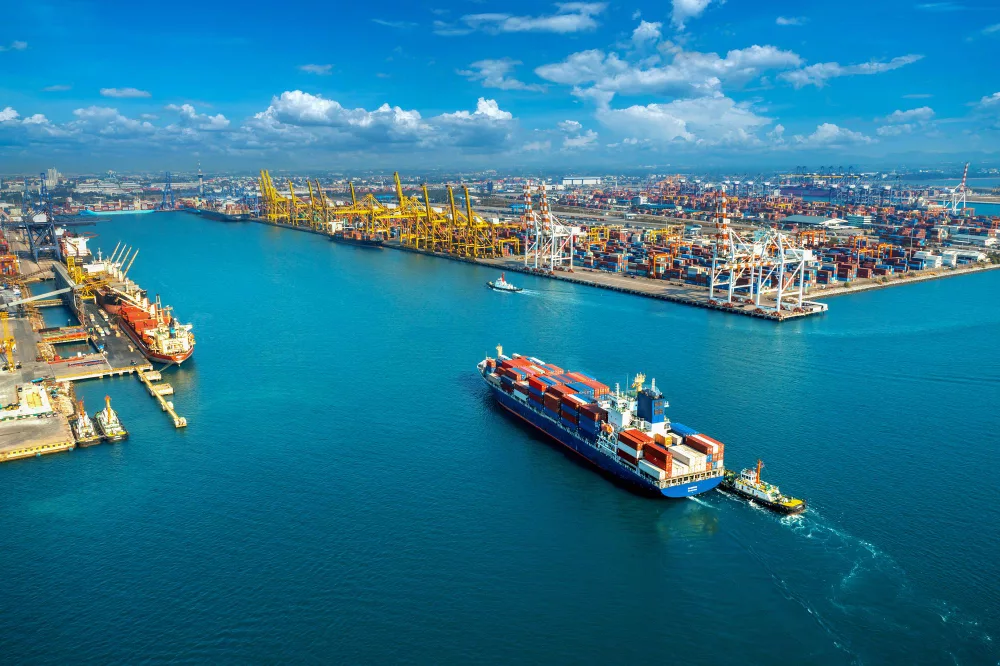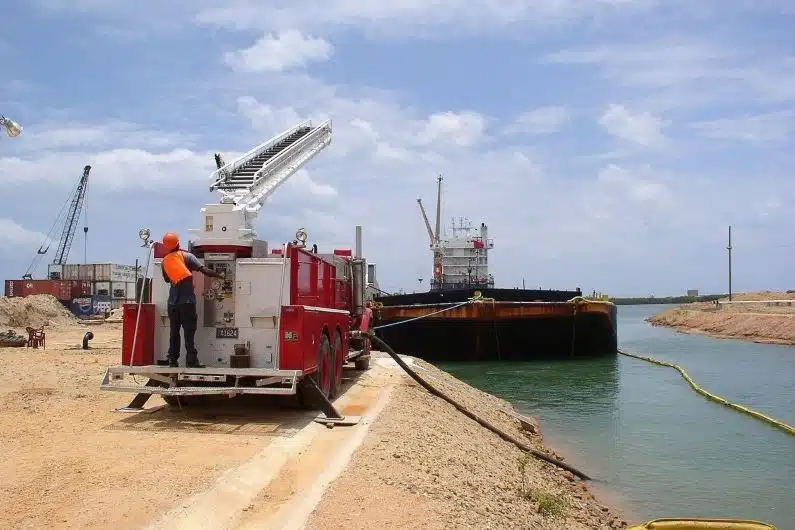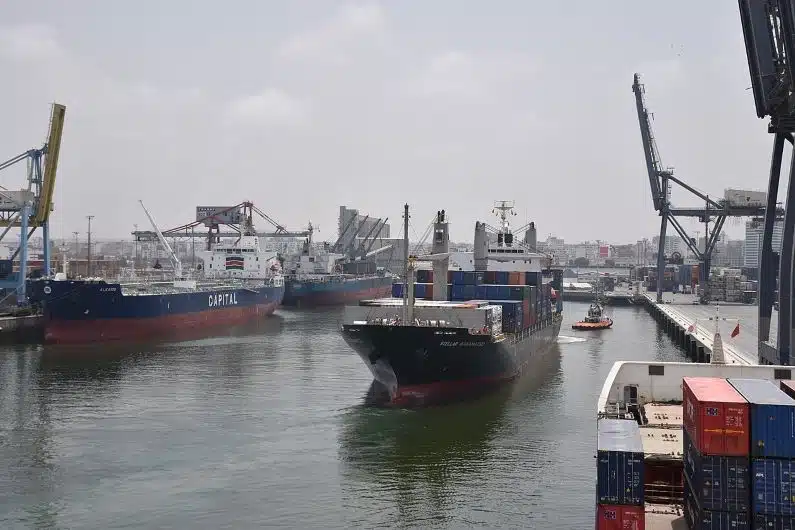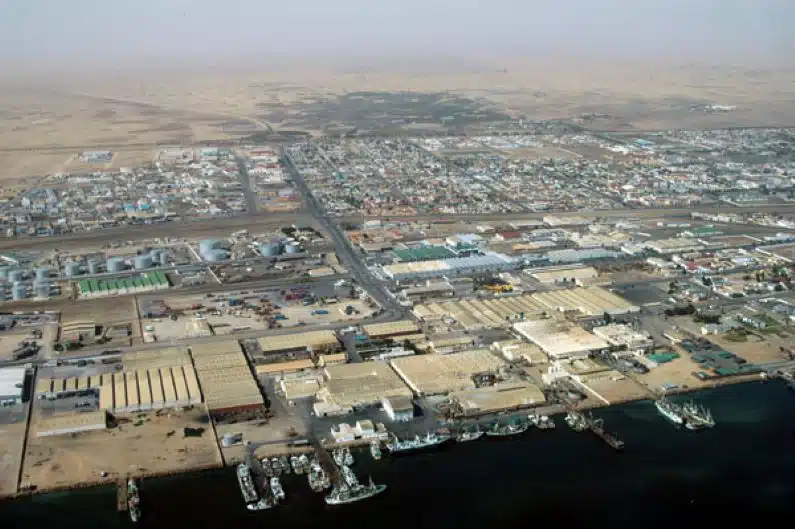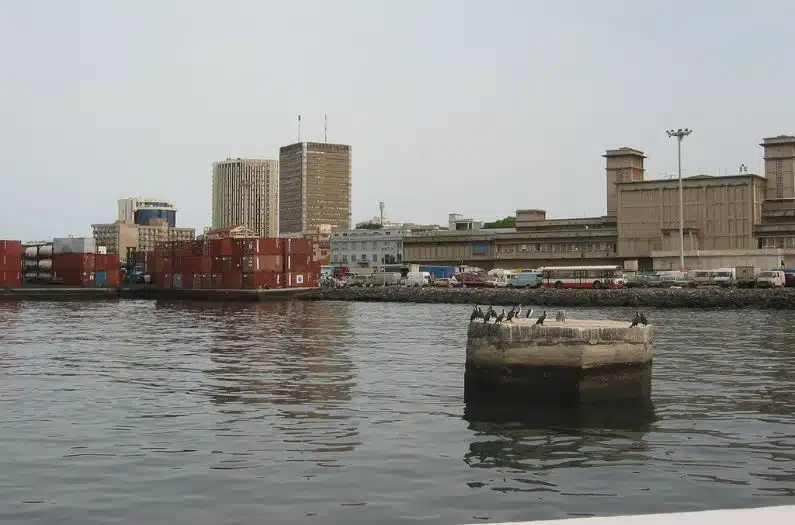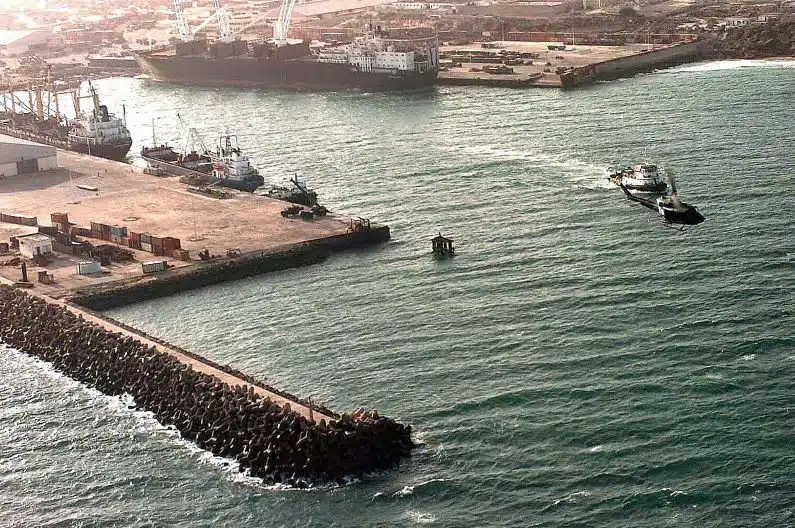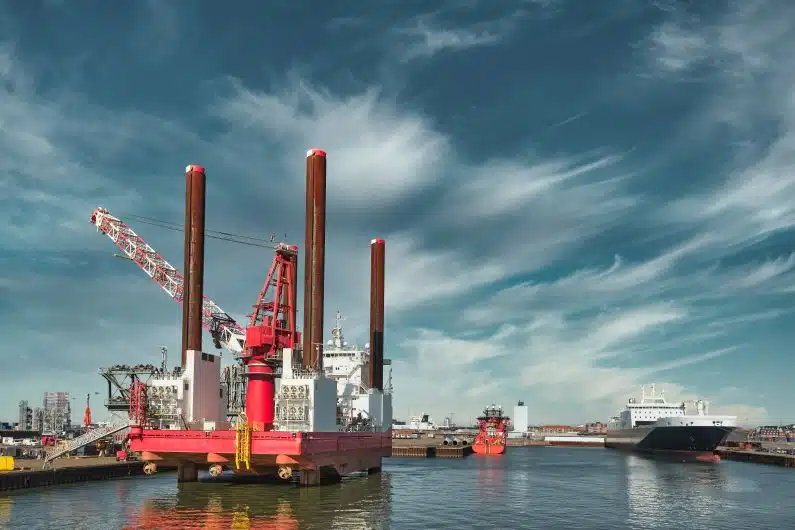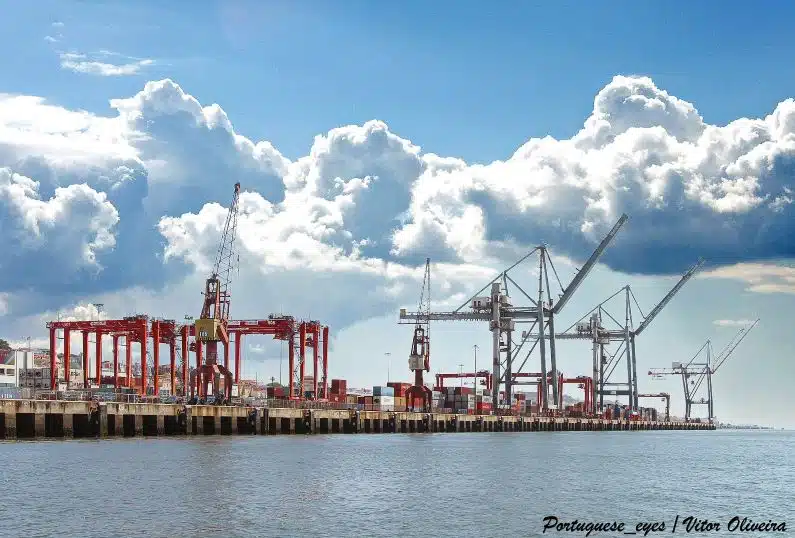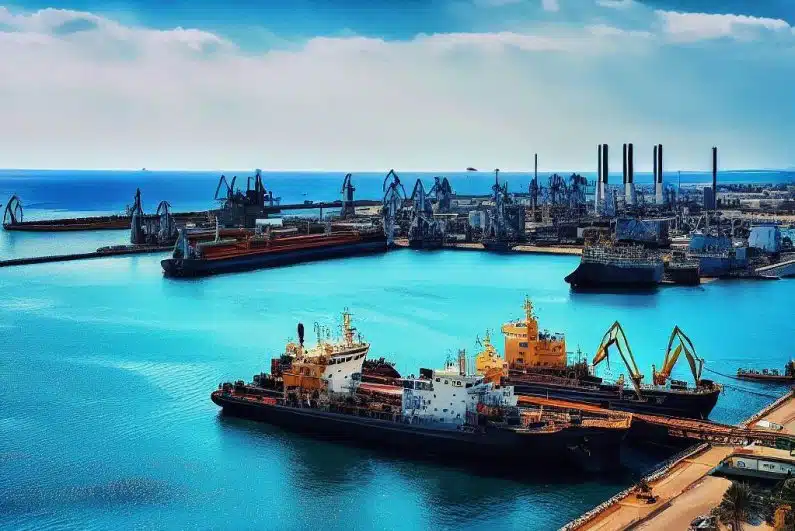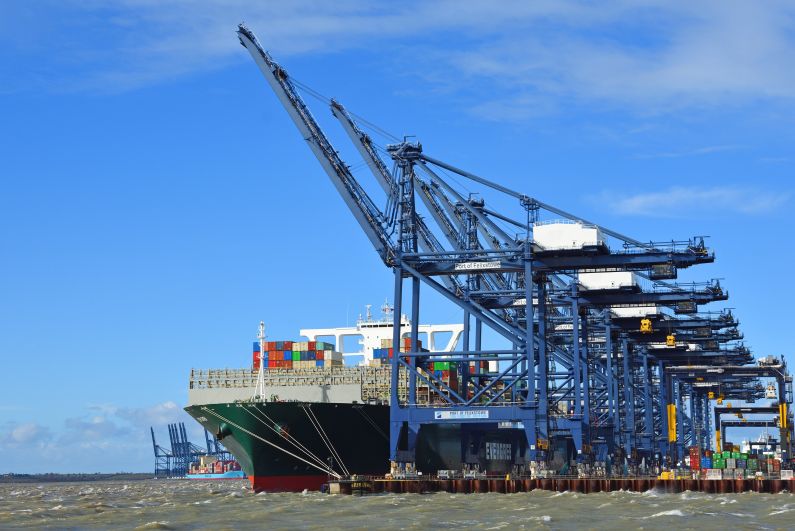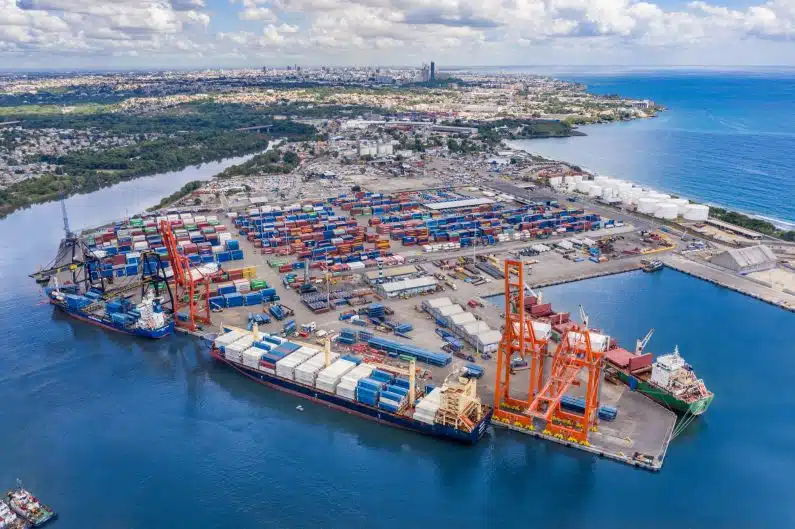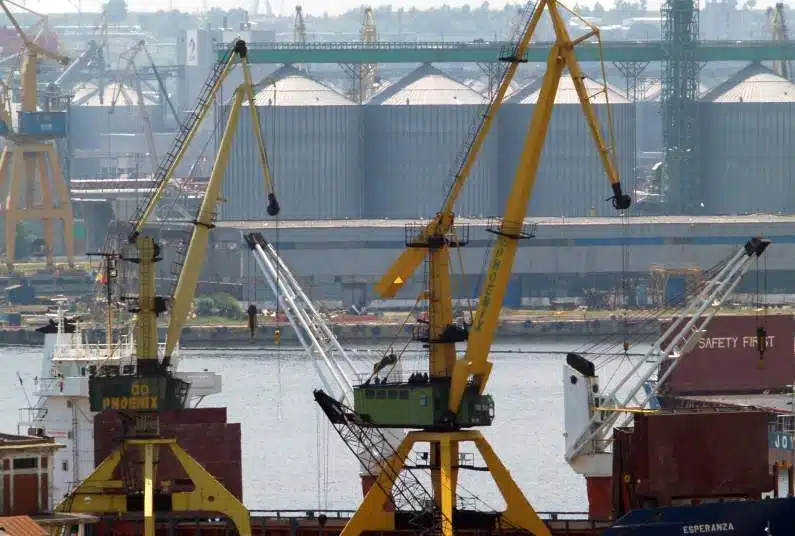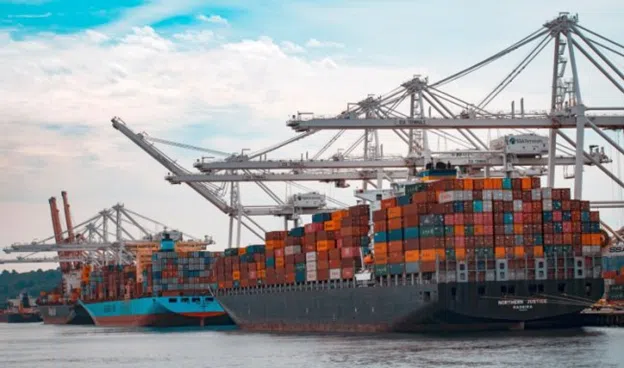Shipping to Turkey is of immense importance for businesses worldwide. Turkey boasts a robust and diverse economy, offering lucrative trade opportunities across various sectors. The country’s population of over 80 million and thriving manufacturing sector create a strong demand for imported goods, making it an attractive market for exporters.
Furthermore, Turkey is known for its textile, automotive, machinery, and agricultural industries, among others. International businesses seek to tap into Turkey’s vast consumer base and leverage its manufacturing capabilities by shipping goods to the country. In 2019, Turkey was the United States’ 28th largest goods export market and its 32nd largest supplier of goods imports. Turkey is the 7th largest consumer of U.S. liquified natural gas exports worldwide. Conversely, Turkish exporters benefit from efficient shipping services to reach global markets and expand their customer base.
Efficient shipping to Turkey enables businesses to access a wide range of opportunities, foster international trade relationships, and capitalize on the country’s growing economy. Whether it’s raw materials, finished products, or machinery, shipping to Turkey serves as a gateway to new business ventures and profitable partnerships.
Understanding Turkey’s Strategic Location
Turkey’s strategic location as a bridge between Europe, Asia, and the Middle East makes it a vital trade hub. Spanning both Eastern Thrace in Europe and Anatolia in Asia, Turkey enjoys a unique transcontinental position. It shares borders with multiple countries, including Greece, Bulgaria, Georgia, Armenia, Iran, Iraq, and Syria, enhancing its connectivity with neighboring regions.
Turkey’s geographical position has historical significance as a pivotal link in the Silk Road, facilitating trade and cultural exchange between China and Europe. Today, it continues to play a crucial role in regional and international trade, benefiting from its Mediterranean coastline, proximity to major ports, and connections to the Black Sea trade routes.
The country’s strategic location creates a diverse marketplace and trade routes, enabling businesses to access a wide customer base and establish efficient supply chains. This geographical advantage offers opportunities for businesses to expand their reach and optimize their logistics operations.
Regulations for Shipping to Turkey
Shipping goods to Turkey requires understanding and complying with the regulations and requirements that govern the process. General shipping regulations cover documentation, packaging, labeling, and safety requirements. Proper documentation, including commercial invoices, packing lists, bills of lading, and certificates of origin, is necessary for customs clearance.
Turkey imposes import restrictions on specific goods to protect national security, public health, the environment, or to comply with international agreements. Items such as firearms, certain chemicals, hazardous materials, counterfeit goods, and certain agricultural products are subject to import restrictions. It is important to verify the specific regulations and consult with Turkish customs authorities or a shipping agent to ensure compliance.
Customs rules and duties govern the processing and clearance of goods at the border. Customs duties are based on the value of imported goods and vary depending on the type of goods being imported. Value-added tax (VAT) and other taxes may also apply. Accurate and complete documentation, including commercial invoices, packing lists, and certificates of origin, is essential for a smooth customs clearance process.
Navigating the regulations for shipping to Turkey requires careful attention to detail and adherence to the required procedures. Working with experienced shipping agents or customs brokers can help ensure compliance and facilitate a smooth shipping process.
Types of Shipping Services to Turkey
When shipping goods to Turkey, various transportation options are available to meet specific shipping needs. These include air shipping and sea shipping.
Air Shipping
Air shipping is the fastest option, ideal for time-sensitive shipments, high-value goods, and perishable items. It offers quick transit times and reliable tracking, making it a preferred choice for businesses requiring expedited delivery. One of the key advantages of air shipping is its ability to connect businesses to global markets seamlessly.
With multiple international airports and a well-established air cargo infrastructure, Turkey has excellent connectivity to major cities around the world. This connectivity allows for efficient and reliable transportation of goods, enabling businesses to access a wide range of international customers and suppliers.
Sea Shipping
Sea shipping is a popular and cost-effective option for shipping goods to Turkey. With its extensive coastline and well-established ports, Turkey has excellent connectivity through sea routes. Sea freight services are suitable for large shipments, bulk cargo, and non-urgent deliveries.
Containerized shipping is commonly used in sea freight, offering secure and efficient transportation. Full Container Load (FCL) and Less-than-Container Load (LCL) options are available, depending on the volume of goods. Sea shipping to Turkey provides competitive transit times and cost advantages for businesses dealing with large quantities of goods.
Procedures and Documentation for Shipping to Turkey
When shipping goods to Turkey, proper procedures and documentation are vital for a smooth process. Understanding the standard requirements, special cases, and the overall process flow can help ensure efficient shipping.
Standard Documentation Requirements
Essential documents for shipping to Turkey include the commercial invoice, packing list, bill of lading, and certificate of origin. Accurate and compliant documentation is crucial for customs clearance and facilitates the smooth flow of goods.
Special Cases: Additional Documents
In certain cases, specific goods may require additional documents such as health certificates, permits, or licenses. Restricted items may need special authorization or certificates to comply with import regulations. It is important to research and consult with shipping agents or customs authorities to ensure compliance with these additional requirements.

Process Flow for Shipping
The process for shipping to Turkey involves several steps, from gathering the necessary documents to arranging transportation and completing customs procedures. It typically includes the following stages:
Documentation
Gather and prepare the required shipping documents, ensuring accuracy and completeness.
Carrier Selection
Choose a reliable shipping carrier or logistics provider based on your specific needs and budget.
Transportation
Arrange the transportation of goods from the origin to the destination, whether by air, sea, rail, or road.
Customs Procedures
Submit the necessary documentation for customs clearance, including the declaration of goods, payment of customs duties, and any required inspections or certifications.
Delivery
Ensure the safe and timely delivery of goods to the final destination, coordinating with the recipient or local partners if needed.
Understanding the procedures and following the correct documentation requirements is crucial for a successful shipping experience to Turkey. Working with experienced shipping agents or freight forwarders can help navigate the process efficiently.
Shipping Costs and Delivery Time Estimates
Shipping costs to Turkey are influenced by various factors such as distance, shipment weight and size, chosen shipping method, customs duties and taxes, as well as additional services like insurance or special handling.
Delivery times for shipments to Turkey vary based on the chosen shipping method, distance and location, customs clearance procedures, transportation network efficiency, and seasonal factors or external events. It is advisable to consult with shipping providers to obtain accurate cost estimates and delivery time frames based on your specific shipment requirements.
Case Study: Successful Shipping to Turkey
In this case study, we explore a successful shipping scenario to Turkey. A global manufacturer of industrial machinery implemented a comprehensive approach by carefully selecting Texas International Freight, ensuring customs compliance, utilizing secure packaging and labeling, obtaining shipping insurance, and maintaining effective communication and tracking.
Key takeaways from their experience include choosing a reliable shipping partner, ensuring customs compliance, implementing robust packaging, considering shipping insurance, and maintaining open communication with the shipping partner.
Potential Challenges and Solutions in Shipping to Turkey
Shipping to Turkey offers numerous opportunities but also presents challenges. Common challenges include language barriers, complex customs procedures, varying transportation infrastructure, and navigating the local business culture. To overcome these challenges, it is essential to work with experienced shipping partners who have in-depth knowledge of the Turkish market. Effective solutions include engaging local agents or customs brokers familiar with the regulations, ensuring clear and accurate communication, and staying updated on trade policies and procedures.
Future Outlook: Shipping to Turkey
The future of shipping to Turkey is shaped by emerging trends in the industry. Digitalization, sustainable shipping practices, e-commerce expansion, and supply chain resilience are key trends driving change. Predicted changes in regulations and procedures include customs simplification, enhanced security measures, and the influence of trade agreements. These changes aim to streamline processes, ensure safety, and facilitate smoother trade flows. As the shipping landscape evolves, businesses should embrace digital technologies, adopt sustainable practices, and remain agile to navigate the future of shipping to Turkey with confidence.
Final Thoughts
Shipping to Turkey presents a multitude of opportunities for businesses seeking to expand their global presence and tap into a thriving market and partnering with Texas International Freight, a reputable international shipping and logistics company based in Houston, Texas, ensures a seamless shipping experience to Turkey. With our specialized services in heavy equipment shipping via air and ocean, we cater to diverse industries such as Energy,natural gas and oil, Shipbuilding, Mining, and Aerospace.
Our comprehensive solutions, including project logistics, break bulk shipping, container shipping, and less-than-container (LCL) shipping. By leveraging our expertise and staying updated on the evolving trends in the shipping industry, businesses can navigate the complexities of shipping to Turkey with confidence. Our team of dedicated professionals ensures compliance with regulations and documentation requirements, alleviating potential challenges along the way.
Trust Texas International Freight to handle your shipping needs, providing competitive rates, superior service, and peace of mind throughout your shipping journey to Turkey and beyond.
FAQs
What are the key regulations for shipping to Turkey?
Shipping to Turkey requires compliance with customs regulations, including proper documentation, accurate declaration of goods, and adherence to import and export restrictions.
What are the different shipping services available for Turkey?
Various shipping services are available for Turkey, including air freight and sea freight. Each option offers different advantages in terms of cost, speed, and capacity.
What documentation is required for shipping to Turkey?
Documentation requirements for shipping to Turkey typically include a commercial invoice, packing list, bill of lading or airway bill, and any necessary permits or certificates depending on the nature of the goods.
How can I estimate shipping costs and delivery times to Turkey?
To estimate shipping costs and delivery times to Turkey, it is best to consult with shipping providers who can provide accurate quotes based on factors such as shipment size, weight, origin, destination, and chosen shipping method.
What are some challenges in shipping to Turkey and how can they be resolved?
Challenges in shipping to Turkey can include customs clearance delays, language barriers, and navigating complex regulations. Resolving these challenges involves partnering with experienced shipping providers, utilizing local expertise, and ensuring proper documentation and compliance.
What are the emerging trends in shipping to Turkey?
Emerging trends in shipping to Turkey include digitalization of supply chain processes, focus on sustainability and eco-friendly practices, increasing e-commerce demand, and adopting technologies for improved efficiency and transparency.
What are the unique aspects of Turkey’s strategic location for shipping?
Turkey’s strategic location provides a gateway between Europe and Asia, making it a critical transit point for global trade. Its proximity to major shipping routes and access to multiple markets offer advantages in terms of logistics and connectivity.
What is the process for shipping to Turkey?
The process for shipping to Turkey involves selecting a shipping service, preparing necessary documentation, arranging transportation, complying with customs procedures, and ensuring smooth delivery to the intended destination.
Are there any specific import restrictions in Turkey?
Yes, Turkey has specific import restrictions on certain goods such as firearms, narcotics, and endangered species. It is important to consult Turkish customs regulations or seek guidance from shipping providers to ensure compliance.
What are the customs rules and duties in Turkey?
Customs rules and duties in Turkey include proper declaration of goods, payment of applicable duties and taxes, and adherence to customs clearance procedures. Detailed regulations can be obtained from Turkish customs authorities or shipping providers with expertise in Turkish customs processes.

